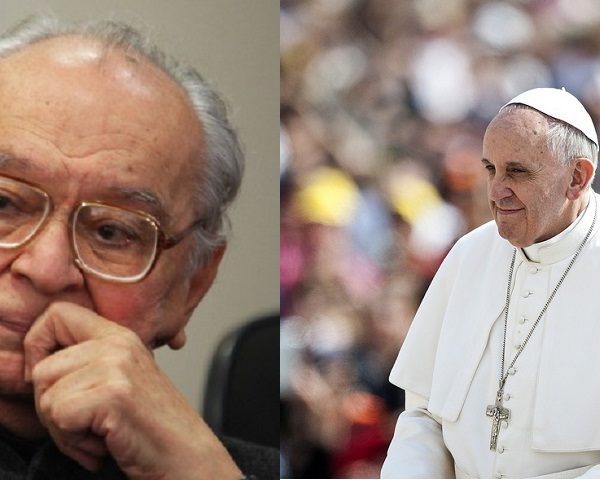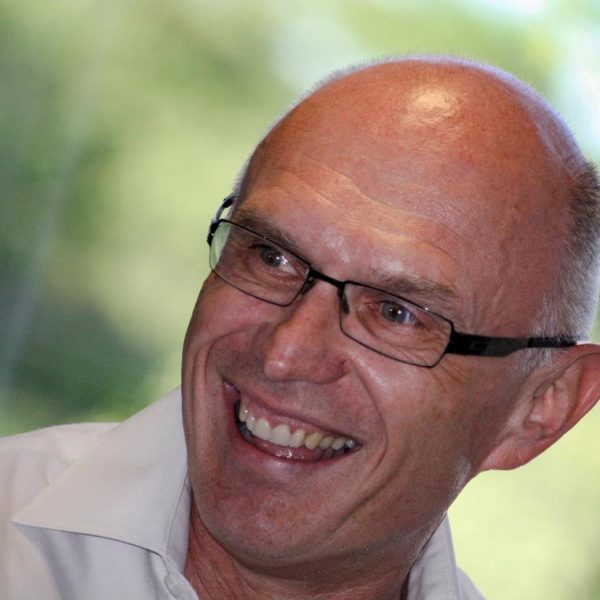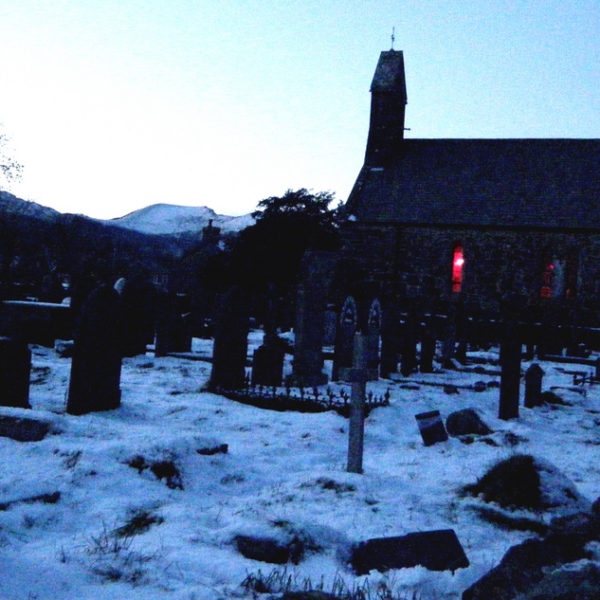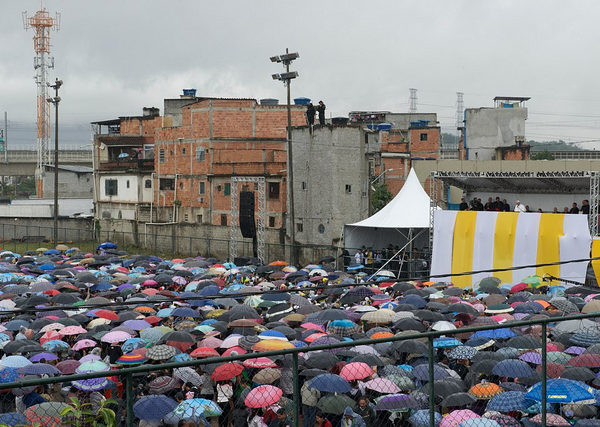
A number of years ago, as I was trying to finalize my dissertation proposal at a large Catholic university, I ran into some problems. My topic was the preferential option for the poor and U.S. middle-class Christians. I knew I was stretching some of the boundaries of theological ethics by focusing on class analysis and the philosophical underpinnings of “The American Dream” as obstacles to faithful expression of the option for the poor in the U.S.

“Have you heard that Mandela died?” The staggering impact of this question took my breath away as I stepped into the office after a full day of classes on Thursday, December 5th. I texted my daughter who had grown up in South Africa, with these simple words, “Wow – this is huge!” Mourning the loss of Mandela has been an enormous undertaking.
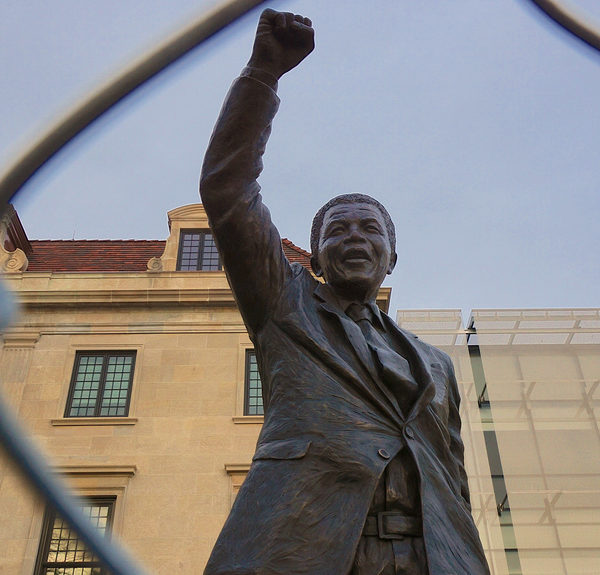
“Most politicians represent an interest group, a community of people who vote for them and whose interests they serve. Nelson Mandela was different; he represented a community that did not yet exist, a community he hoped would come into being.” —Rowan Williams

There is a famous anecdote in which a man, after death, wakes up surrounded by all the pleasures of life: food, sex, and leisure. An angel approaches him and says “Welcome, enjoy all the pleasures you have ever wanted.” The man basks in all the pleasures available, but after a few weeks of uninterrupted ecstasy, he grows bored. So, the man approaches the angel and says “Is there anything I can do, any work?”
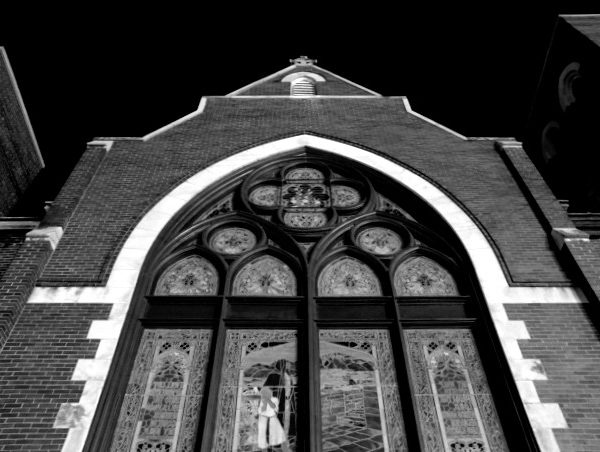
John Wesley once wrote that “Unity and holiness are the two things I want most among Methodists.” The Church’s fights over homosexuality are robbing Methodism of both.
The United Methodist Church has been in the news recently, and will be again soon, because of the Church trials of the Rev. Frank Schaefer and Bishop Melvin Talbert, two United Methodist Clergy who have officiated at same-sex wedding ceremonies.
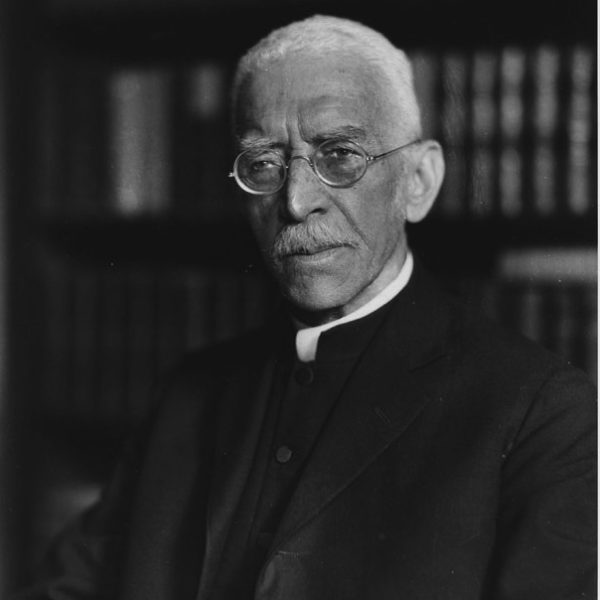
““I cannot believe that the men who occupy the pulpits of this land, assuming that they are men of ordinary intelligence and common sense and that they have, as they ought to have as leaders, some little knowledge, at least, of the Word of God, are without some convictions on the subject (of race prejudice), that they do not know that it is wrong, contrary to every principle of Christianity.”
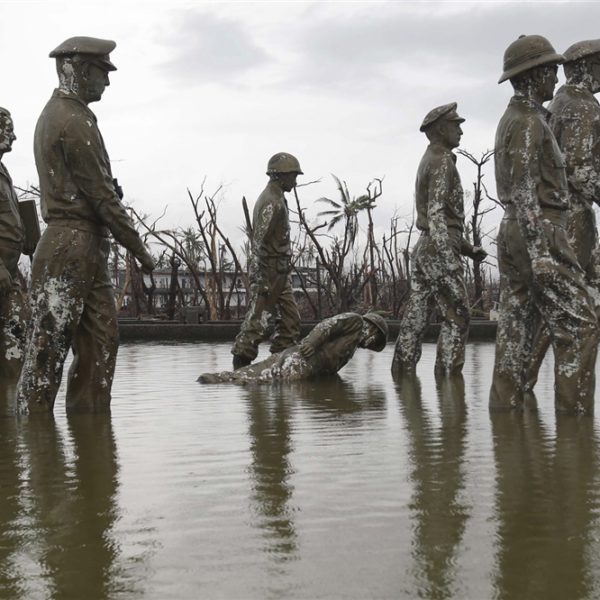
. . . In other words, disasters such as Typhoon Haiyan confront us with the sobering reality that the deepest, deadliest and most intransigent problems we face today are social problems, not technical problems. We continue to deceive ourselves with the hope that if we can but increase our knowledge of the world, our technical know-how at problem-solving the riddles that nature poses for us, we can defeat death and disease.
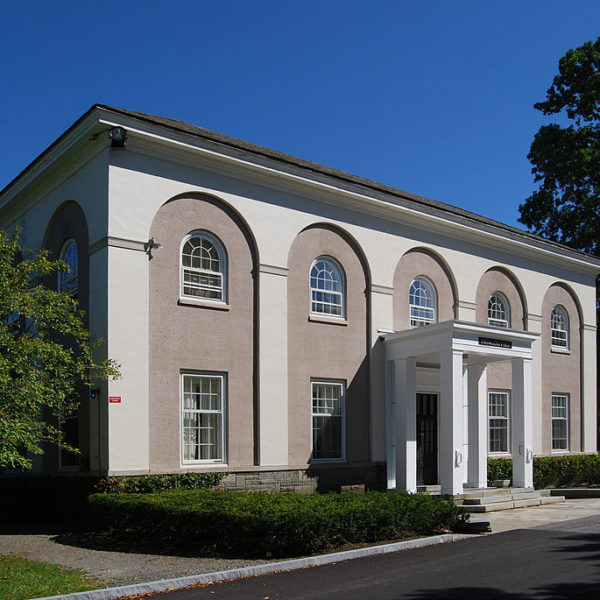
Despite the unending political chatter over global spying, the recent government shutdown, and now the misadventure of the Obama care rollout, I have also been pondering the meaning of something worth more obsessing about. . . . It amounts to the latest variation not of Murphy’s Law (“if something can go wrong, it will”), but what I have called Raschke’s Rule (“if you didn’t think people could be more foolish than they already are, just wait a day or so”).
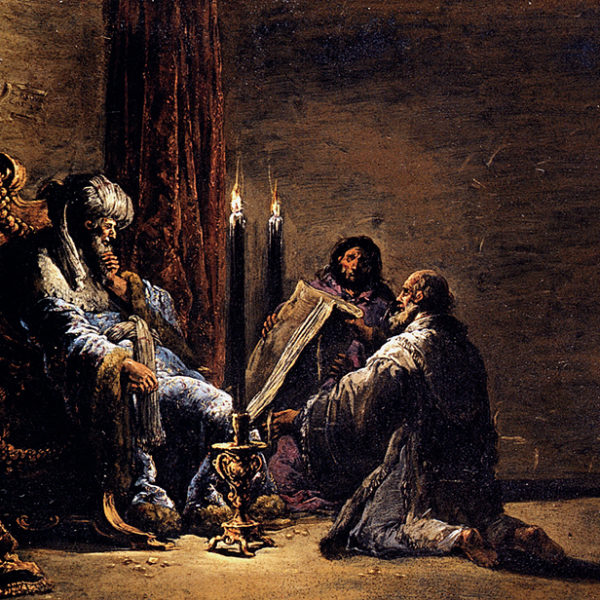
. . . Often much more important than what people argue is how people argue. . . . Many whom we may have hastily taken as kindred spirits, because they happen to have reached some conclusion we moderns take for granted, turn out on closer inspection to have been motivated by wholly different concerns, so that the convergence is largely illusory. Others, however, whom we might be apt to dismiss as barbaric for their unenlightened ideas, turn out to have been strikingly liberal-minded.
